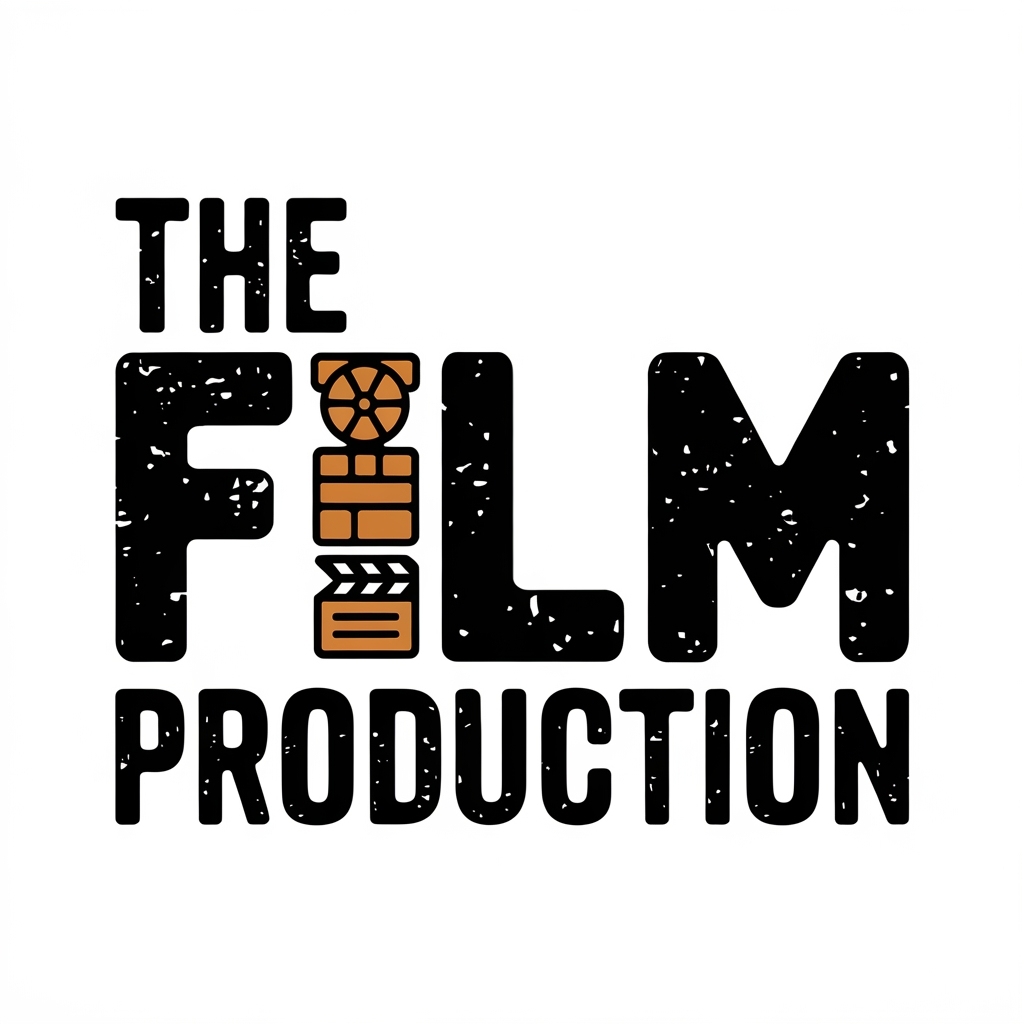I know what you’re thinking. Hollywood’s glittering lights are beckoning, and you’re drawn to the idea of being the force behind the next blockbuster or indie hit. But before you make that leap, let’s explore what it means to be a film producer. They are the pulse that keeps the project moving, often involved right from inception to the final release.
A film producer balances creativity with leadership, business acumen with collaboration. It’s not just about having a vision; it’s about bringing that vision to reality while juggling finances, talent, and deadlines. Are you a natural problem solver? Do you thrive under pressure? These are the kinds of personal attributes needed for success.
You’ll often find yourself in the crucible of decision-making, choosing scripts, securing funding, and coordinating with directors, writers, and actors. It’s demanding, no doubt, but for those with passion and perseverance, it’s also deeply rewarding. Each day offers a new challenge, a new opportunity to leave your mark on the world of cinema.
Mechanics matter as much as the muse. Understanding the technical aspects of filmmaking, from pre-production to post-production processes, is vital. It’s the groundwork that ensures the finished product resonates with audiences and meets industry standards.
It’s worth mentioning that there’s no singular route to becoming a film producer. Experience is paramount, but so are education and mentorship. With that in mind, we’ll turn to the foundational aspects of education in film production up next. There, we’ll unpack the benefits of formal education versus the grit of hands-on experience and help you map out an actionable plan to start your journey.
Educational Pathways: Building a Foundation in Film Production
Some aspiring producers question whether a formal education is necessary for a career in film production. There’s no straightforward answer, but I’ll examine both sides of this debate. Traditional film schools offer structured learning and vital industry connections. Courses in film theory, production management, and screenplay analysis provide a well-rounded education. Alternates to film school include online courses, workshops, and self-led study, all viable ways to gain knowledge and skills.
Let’s talk about subjects that can give you an edge. Project management, business, and even psychology courses are surprisingly relevant. Understanding storytelling structures and character development empowers producers to make informed creative decisions. Technical know-how in editing, cinematography, and sound design is also advantageous. These subjects make you versatile and prepared for the challenges of film production.
Whether you choose film school or alternative paths, commitment to continuous learning is what will set you apart. Attend industry seminars, keep up with the latest technology, and never stop honing your storytelling skills. In an ever-evolving industry, your willingness to grow is your greatest asset.
Entering the Film Industry: Networking and Early Career Steps
Breaking into the film-making landscape often starts with whom you know and who knows you. Developing a robust professional network is pivotal; it opens doors and creates opportunities that might otherwise remain hidden.
Begin attending film festivals, industry conferences, and workshops. These events are breeding grounds for connections and learning opportunities. While you’re there, engage genuinely with peers, established producers, and other industry professionals.
Online platforms like LinkedIn and Stage 32 cater specifically to professionals in the entertainment sector. Create a profile that highlights your skills, experience, and passion for the industry. Regularly interact with others, share insights, and ask informed questions.
Seek out entry-level positions or internships that can offer a foot in the door. Focus on roles that align well with your long-term goals. Whether it’s assisting on set, script reading, or managing equipment, these jobs teach the nitty-gritty of film production unequaled by any classroom.
Working on independent projects can be an excellent way to showcase your potential. Whether it’s a short film or a feature-length production, the hands-on experience and finished product demonstrate your capability and can serve as a calling card in the industry.
Mastering the Business of Film: Finance, Marketing, and Distribution
Navigating the financial landscape of film production is paramount. Funding can come from various sources such as independent investors, film grants, or production companies. It is my role to create a compelling pitch and a viable budget that convinces stakeholders of the project’s potential.
Budget management extends beyond securing funds; it requires meticulous allocation and cost-control throughout the life of the project. I must ensure that every dollar spent is driving the film towards completion and success.
Marketing isn’t just a department; it’s a mindset. As a producer, I recognize that understanding the target audience and crafting the right marketing strategy is crucial. It’s about creating buzz and anticipation through trailers, posters, and social media campaigns long before the movie hits the screens.
The distribution phase is where strategy meets reality. I explore various channels—cinemas, streaming platforms, film festivals, and direct sales—to ensure the widest and most profitable release. Negotiating distribution deals requires a balance of optimism for the film’s success and a grounded understanding of its market appeal.
In all these stages, risks are inherent, but they are manageable with thorough research and strategic planning. By focusing on finance, marketing, and distribution with equal rigor, I pave the way for not just the current project’s success but also for long-term sustainability in the fluid world of film production.
Sustaining Success: Adaptability, Innovation, and Leadership
I understand that success in film production isn’t just about making a hit; it’s about sustaining momentum in an industry that’s always on the move. The key to longevity lies in your ability to adapt. The way people consume content is constantly evolving, and as a producer, you have to evolve with it. Keeping your finger on the pulse of new technologies and audience preferences is crucial.
Innovation is your best ally in the dynamic world of film. It’s not enough to follow trends – you need to anticipate them. That means thinking outside the box, taking calculated risks, and continually pushing the boundaries of storytelling. Every successful producer has a story about that one project that felt like a gamble but paid off.
Leadership will define your career as much as the films you produce. It’s about managing people as much as projects. Inspiring your team, resolving conflicts, and bringing out the best in everyone you work with will solidify your reputation as a producer who delivers. It’s these soft skills paired with technical know-how that set apart good producers from great ones.
Remember, every film is a legacy. With each project, you’re not just building a resume; you’re crafting a career that reflects your dedication to the craft. Stay passionate, keep learning, and don’t shy away from challenges – they are the milestones of your progress. And when you do hit a bump, it’s resilience that will keep you going, not just clever strategies or industry connections.
To all the aspiring producers out there, know that the path is steep, but the view from the top is unparalleled. Your journey is unique, and your voice is critical to the chorus of cinematic storytelling. So, stay focused, stay humble, and TAKE ACTION every single day.

